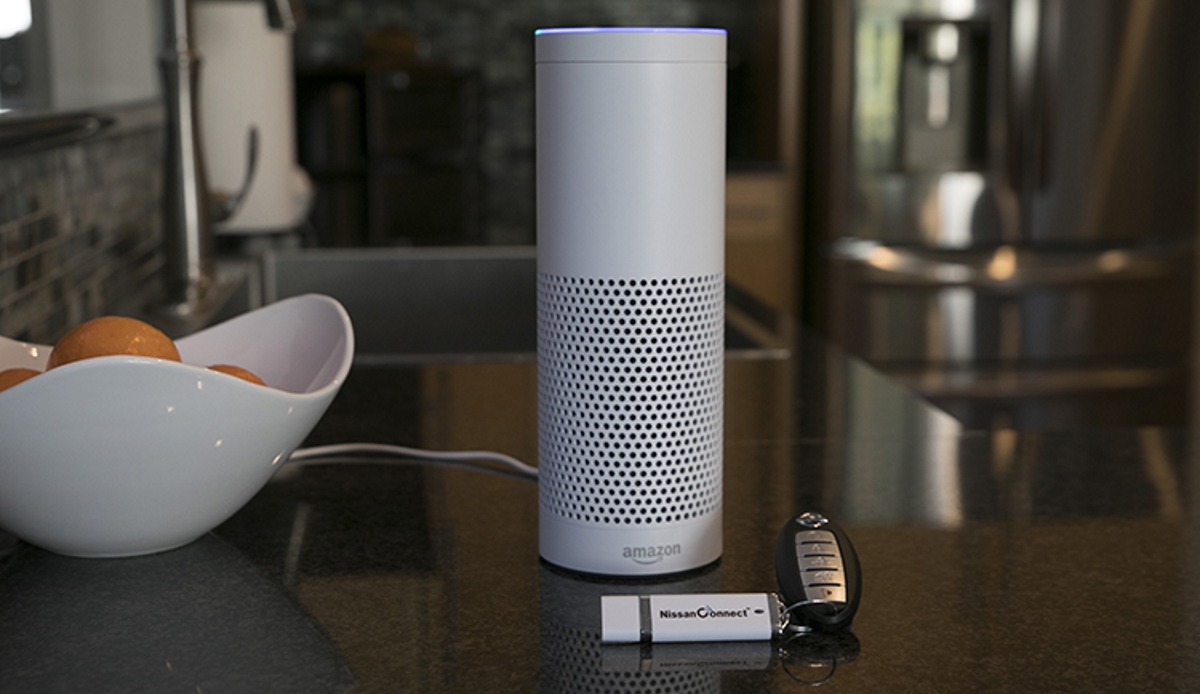Find out the week’s top mobile stories from around the world.
This week.. Google Pixel 4’s face unlock security concerns, Kaspersky honeypots find 105 million attacks on IoT devices, Snapchat goes after retailers and brands with new Dynamic Ads and much more.

The Google Pixel 4’s face unlock isn’t as secure as you’d hope
Tech Radar
Don’t let someone get a hold of your Google Pixel 4. It has been confirmed that the Face Unlock feature for the Pixel 4 and Pixel 4 XL will still work even if your eyes are closed, the BBC reports.
TechRadar can confirm that even Google knows this might be an issue: in Security settings, a disclaimer warns users that their phone can be unlocked if someone holds the phone up to their face – even if their eyes are closed.
Read more…
Kaspersky honeypots find 105 million attacks on IoT devices in first half of 2019
Tech Republic
After deploying more than 50 honeypots worldwide, Kaspersky detected 105 million attacks on Internet of Things (IoT) devices from 276,000 unique IP addresses, within only the first six months of 2019. The number of attacks in 2019 is nine times greater than the number found in the first half of 2018, which totaled 12 million attacks.
Kasperky’s IoT: A Malware Story report, released on Tuesday, used honeypot data to determine the number of cyberattacks conducted in the time frame, which type of attacks were used, and where these attacks took place. As organizations purchase more connected smart devices, attackers find more threat vectors to target, the report said.
Read more…
Snapchat goes after retailers and DTC brands with new Dynamic Ads
Tech Crunch
Snap today is announcing a new kind of advertising product, Dynamic Ads, that will help it to better attract ad dollars from retail, e-commerce and other direct-to-consumer brands — a group that today thrives on Instagram. With Dynamic Ads, advertisers can now automatically create ads in real time based on extensive product catalogs that may contain hundreds of thousands of products. These ads are then served to Snapchat users based on their interests using a variety of templates provided by Snap.
Read more…
Voice assistant use rises significantly in the UK: report
Mobile Marketing Magazine
The daily use of voice assistants in the UK has risen significantly in the past 12 months according to new research from digital agency Code Computerlove and media agency Mediacom North. The companies surveyed 1,000 smart speaker owners in the UK.
Seven out of 10 people who own a voice-controlled device now use it on a daily basis, up from four in 10 a year ago.
Read more…
Vatican launches new ‘eRosary’ bracelet
BBC
The Vatican is hoping to pull in tech-savvy youngsters with the launch of an “eRosary” bracelet.
The gadget, which costs $109 (£85), can be worn as a bracelet and is activated by making the sign of a cross. It is connected to the “Click to Pray eRosary” app, which is designed to help Catholic users pray for world peace and contemplate the gospel. The app tracks a user’s progress, and contains visual and audio explanations of the rosary.
Read more…
Not only is Google’s auto-delete good for privacy, it’s also good news for competition
BoingBoing
Earlier this month, Google announced a new collection of auto-delete settings for your personal information that allows you balance some of the conveniences of data-collection (for example, remembering recent locations in Maps so that they can be intelligently autocompleted when you type on a tiny, crappy mobile device keyboard) with the risks of long-term retention, like a future revelation that you visited an HIV clinic, or a political meeting, or were present at the same time and place as someone the police have decided to investigate by means of a sweeping “reverse warrant.”
Read more…
IoT and blockchain to the fore in CIMB trade finance transaction
Finextra
The Singapore branch of CIMB Bank Berhad has completed a trade financing transaction for the import of dairy products into China using IoT cargo sensors and a distributed ledger platform from blockchain firm iTrust.
For the transaction, which is expected to generate flows of up to US$100 million a year, all data and documents were shared on a permissioned blockchain. Additionally, the cargo was tracked in real-time using ioT sensors, ensuring visibility in transit and upon docking at the warehouse.
Read more…
Rogue Mobile App Fraud Soars 191% in 2019
Inforsecurity
Global fraud attacks soared by 63% from the second half of 2018 to the first six months of this year, with fake mobile applications a growing source of malicious activity, according to RSA Security.
The firm’s Quarterly Fraud Report for Q2 2019 is a useful snapshot of current trends based on detections by the vendor.
Phishing, including vishing and smishing, continues to be the biggest source of fraud — representing over a third (37%) of attacks in Q2, with attacks climbing 6% from 2H 2018 to 1H 2019.
Read more…
Apple is suffocating mobile-payment rivals
Quartz
When it comes to mobile wallets, Apple is the $1 trillion elephant in the room.
The iPhone maker controls about half of the US smartphone market and around 10% worldwide. A recent survey showed that more than 80% of US teens have an iPhone. Every one of those devices comes pre-installed with Apple Pay, the company’s mobile wallet.












